When mentioning the Dien Bien Phu Victory, we cannot help but mention General Vo Nguyen Giap, an outstanding military man with outstanding strategic thinking. The Dien Bien Phu Victory is an affirmation of General Vo Nguyen Giap's military genius.
In 1953, our army's strategic attacks in key areas forced the French colonialists to disperse their forces to cope and initially bankrupted the Navarre plan's plan to concentrate forces. To save the situation on the battlefield, France, with the help of the United States, greatly increased its military force and war expenditures, planning to destroy most of our main force within 18 months and control the territory of Vietnam and Indochina. On November 20, 1953, France launched an operation to capture Dien Bien Phu, gradually building it into a strong stronghold. They believed that this was a "giant, indestructible fortress", and General Giap would "not dare to accept combat", because the Viet Minh Army had never attacked such a large stronghold, and if they attacked Dien Bien Phu, they would be on the path of suicide.
The problem for the Campaign Command in general, and General Vo Nguyen Giap in particular, was not not daring to attack where the enemy was strong, but how to attack to destroy such a strong base group? Because if we cannot defeat the enemy's defense of the base group, we cannot open up a favorable situation for the development of the resistance war. Choosing Dien Bien Phu as the strategic decisive battlefield essentially meant that we chose the main strategic attack direction on where the enemy was strong, demonstrating a new development in our campaign art in the period of 1953-1954, a shift from the direction of "avoiding strong places, attacking weak places" to attacking directly at strong places but with many loopholes of the enemy, from mainly mobile warfare and small-scale fortifications to large-scale fortifications of a battlefield nature. On December 6, 1953, the Politburo met and determined: "Destroy the Dien Bien Phu base group to create a new turning point in the war". On January 1, 1954, General Vo Nguyen Giap, Politburo member, Commander-in-Chief was assigned the task of Commander of the Campaign and Secretary of the Dien Bien Phu Front Party Committee. With the knowledge accumulated through the process of self-study, research, training, the experience of fighting to defend the country of the Vietnamese people, military history in the world and outstanding military talent, General Vo Nguyen Giap clearly understood the honor and great responsibility that the Politburo and President Ho Chi Minh trusted him with through the instructions before leaving: "Commander-in-Chief goes to the front. The General is on bail. I give you full authority to decide". On January 12, 1954, at Tuan Giao, the General listened to the report of Comrade Hoang Van Thai, Chief of Staff of the Campaign. The Front Party Committee and everyone agreed with the Campaign motto of "fighting fast, solving fast". Chinese advisor Vi Quoc Thanh also affirmed: If we do not take advantage of the early attack while the enemy is still not firmly established, and tomorrow they will increase their troops and consolidate their fortifications, we will not be able to attack, and we will miss the opportunity. Obviously, although he was the Commander and Secretary of the Party Committee of the Front, the majority had a different opinion, which was something the General had to consider. He remembered Uncle Ho's words before going to the front: "This battle is very important, we must fight to win! Only fight if we are sure of victory, and only fight if we are not sure of victory." According to the motto "fight quickly, resolve quickly", the Campaign was scheduled for 3 nights and 2 days, with the opening of fire on January 20, 1954. However, before the enemy's increased defense and after many days of monitoring, the General realized that the enemy was no longer in a temporary state of defense, but had become a solid defensive stronghold, and our artillery, the main firepower of the Campaign, could not be brought into the battlefield on time, as required. If we "fight quickly, resolve quickly", victory would not be guaranteed. On the other hand, our preparations for the Campaign still faced many difficulties, such as: Our troops had no experience in attacking a group of strongholds; this was the first battle in which we fought a large-scale joint battle between infantry and artillery, and our troops had not yet undergone any drills; our troops had only been used to fighting at night, in terrain that was easy to hide in, and had no experience in daytime fortifications on wide, flat, and open terrain; now having to fight continuously for 2 days and 3 nights with the French army, which had superior firepower, would inevitably suffer casualties and make it difficult to complete the mission. With the vision of a military genius in assessing and predicting the strategy of the French army's plots, methods, and tactics through the Navarre plan and the reality on the Indochina battlefield, especially the enemy at the Dien Bien Phu battlefield, the General did not underestimate the strength of the French at this stronghold, always deeply understanding that only defeating the enemy's defensive form with the Dien Bien Phu stronghold group would decide the victory of the resistance war against French colonialism. After many days of thinking, General Vo Nguyen Giap said: To ensure the complete victory of the Campaign, we must temporarily stop firing, pull out the artillery, and prepare more to fight according to the new combat motto of "fight firmly, advance firmly". However, changing the combat motto would pose many new difficulties, because our troops were prepared to fight quickly, the infantry had deployed their formations, most of the artillery had entered the battlefield and now withdrew, making the troops' thinking easily confused. Moreover, all preparations must be done from scratch, and the difficulties in supplying and transporting supplies when the rainy season comes... will increase. However, we cannot choose a way of fighting that does not guarantee victory because of the difficulties and obstacles caused by the prolonged Campaign. At the request of General Vo Nguyen Giap, after many hours of discussion with a spirit of solidarity and a high sense of responsibility, the Front Party Committee unanimously agreed to change the combat strategy, which was a great determination, specifically demonstrating the thorough understanding of the Central Committee's guiding ideology of fighting with certainty. The General concluded: Fighting with the strategy of "fighting fast, winning fast" will definitely fail and decided to switch to the strategy of "fighting firmly, advancing firmly". This was a wise decision imbued with a sharp personal military perspective, courage, bravery, decisiveness, boldness, and wisdom, demonstrating a very high responsibility for the victory of the Campaign and the blood and bones of the officers and soldiers of the commander; a decisive factor in ensuring the victory of the Dien Bien Phu Campaign. With the motto of “fight firmly, advance firmly”, we adjusted our forces and battle formation, isolated the enemy in the Dien Bien Phu stronghold, cut off air support, besieged the entire Dien Bien Phu stronghold and each French resistance center, destroyed each part and proceeded to defeat the entire enemy. This motto demonstrated the prominence of the art of people’s war, the art of using forces, the art of avoiding strong points and attacking weak points; fight firmly, advance firmly, and do not fight if you are not sure of victory. Under the wise leadership of our Party and President Ho Chi Minh, General Vo Nguyen Giap became a legendary general, a military genius with many outstanding contributions to great feats of arms not only in the resistance war against French colonialism, but also in the resistance war against the US, saving the country, such as: General Offensive and Uprising in the Spring of Mau Than (1968), Hanoi-Dien Bien Phu in the air (1972), Great Victory in the Spring of 1975 to unify the country, writing glorious pages of history of the Vietnamese people. General Vo Nguyen Giap is a leading expert on the people's war strategy of the national liberation movement in the country and in the world, a military commander with outstanding military talent, a master of the art of people's war, and military art. The military genius of General Vo Nguyen Giap is an extremely valuable example and legacy for generations of officers and soldiers of our Army to follow and apply effectively to meet the requirements of the task of protecting the Fatherland in the new situation.
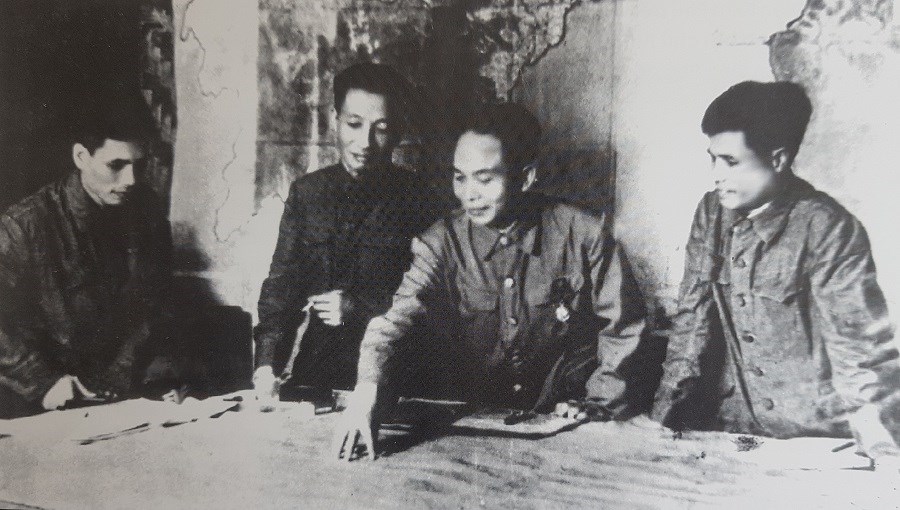 |
General Vo Nguyen Giap and his comrades in the Campaign Command met to discuss the operational plan for the Dien Bien Phu Campaign in 1954. Photo courtesy |
Senior Lieutenant General, Associate Professor, Dr. TRAN VIET KHOA, Member of the Party Central Committee, Director of the National Defense Academy
source


![[Photo] General Secretary To Lam receives Chief of the Central Office of the Lao People's Revolutionary Party](https://vphoto.vietnam.vn/thumb/1200x675/vietnam/resource/IMAGE/2025/5/30/140435f4b39d4599a3d17975dfb444c5)
![[Photo] National Conference "100 years of Vietnamese Revolutionary Press accompanying the glorious cause of the Party and the nation"](https://vphoto.vietnam.vn/thumb/1200x675/vietnam/resource/IMAGE/2025/5/30/1cf6cd5c8a934ebfa347028dcb08358c)
![[Photo] A delegation of 100 journalists from the Vietnam Journalists Association visits the soldiers and people of Truong Sa island district.](https://vphoto.vietnam.vn/thumb/1200x675/vietnam/resource/IMAGE/2025/5/30/0984a986227d4e988177f560d2e1563e)

![[Photo] Journalists moved to tears at the Memorial Service for the soldiers who died in Gac Ma](https://vphoto.vietnam.vn/thumb/1200x675/vietnam/resource/IMAGE/2025/5/30/9454613a55c54c16bf8c0efa51883456)


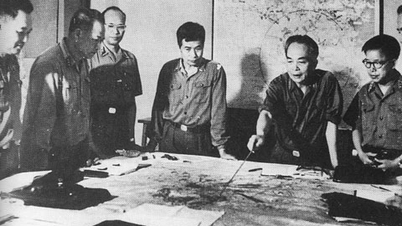

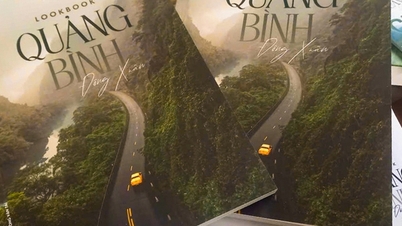

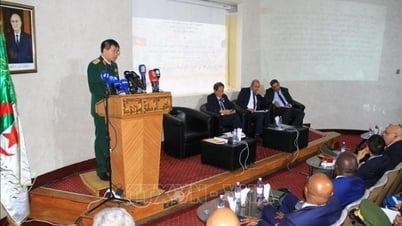

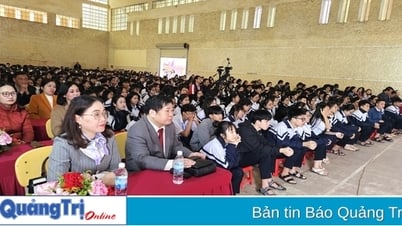
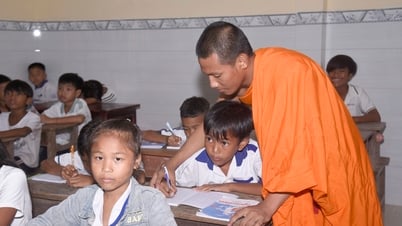
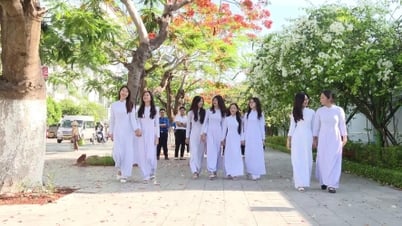
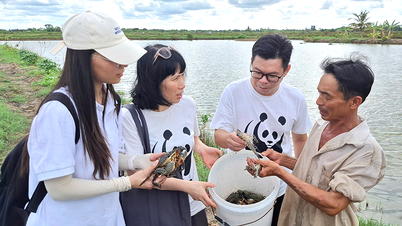
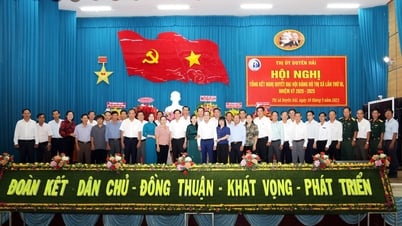
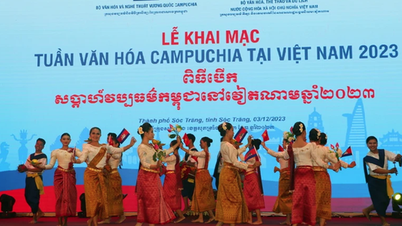
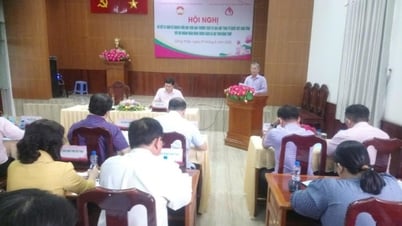




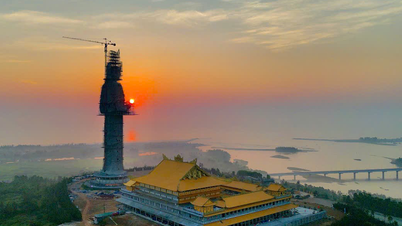
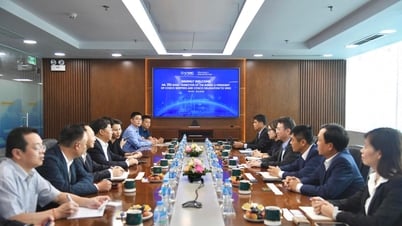

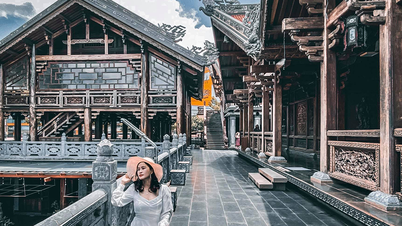

































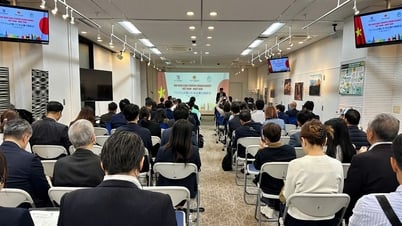



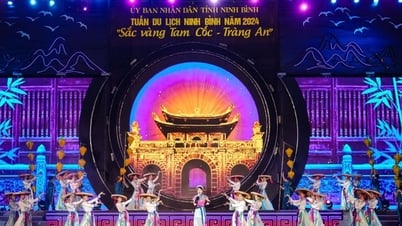
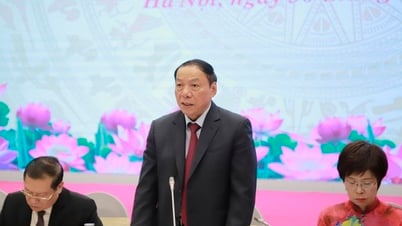

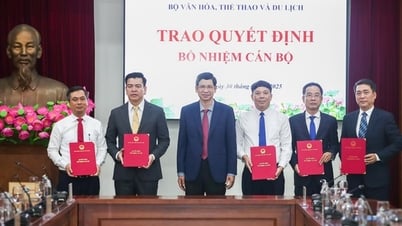
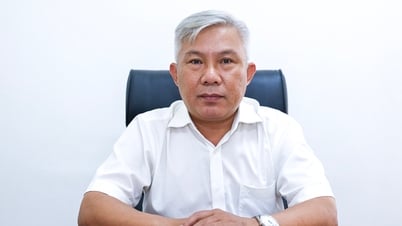

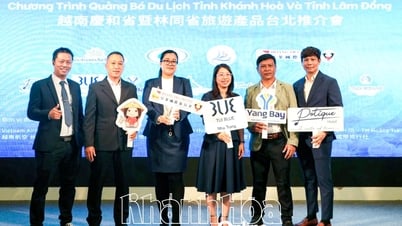

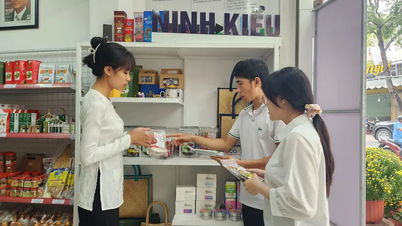

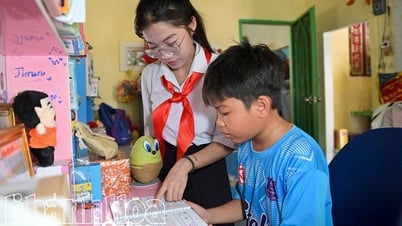
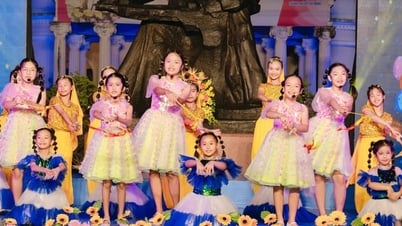










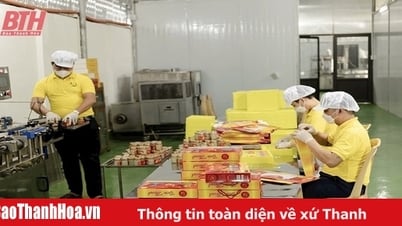

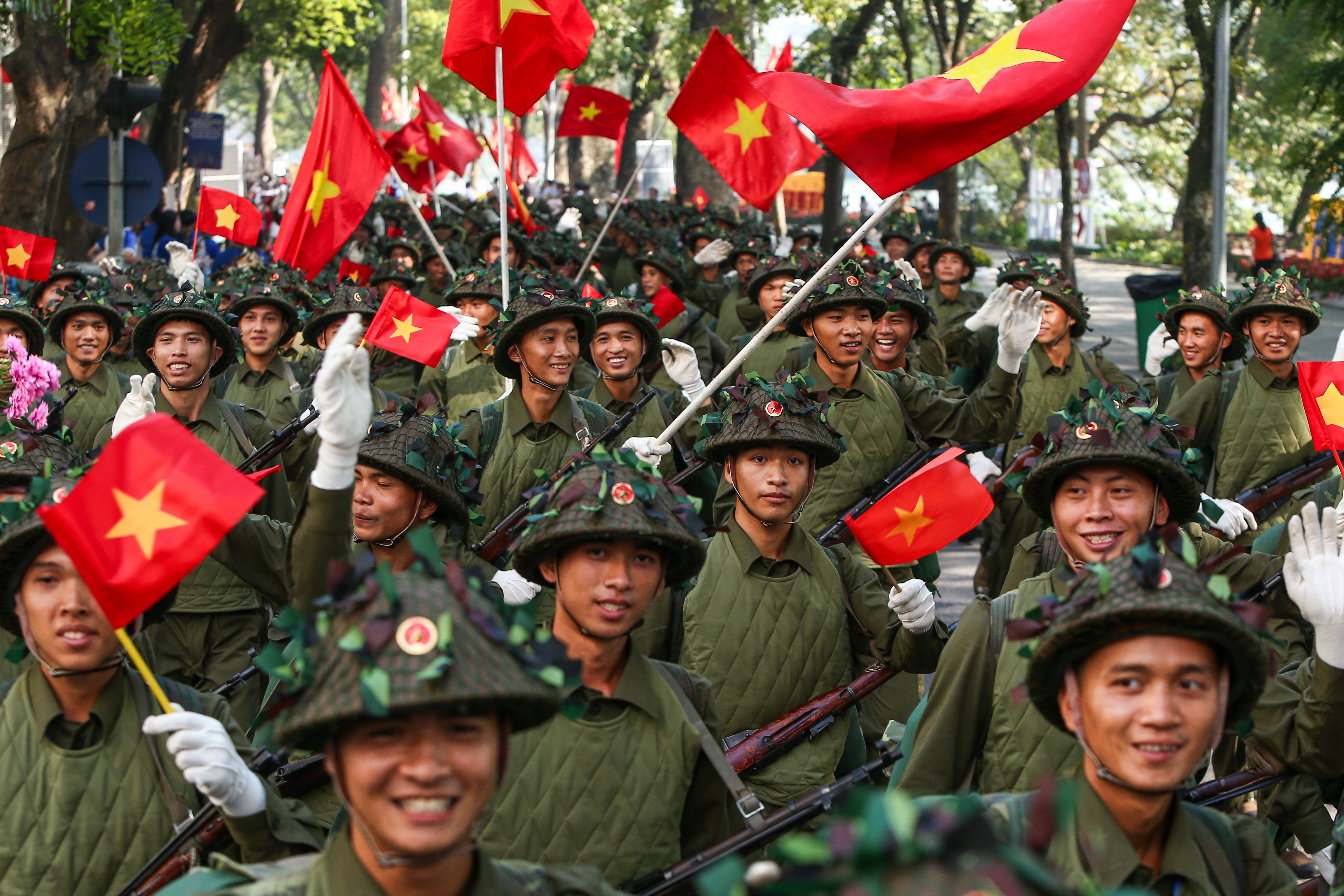



Comment (0)